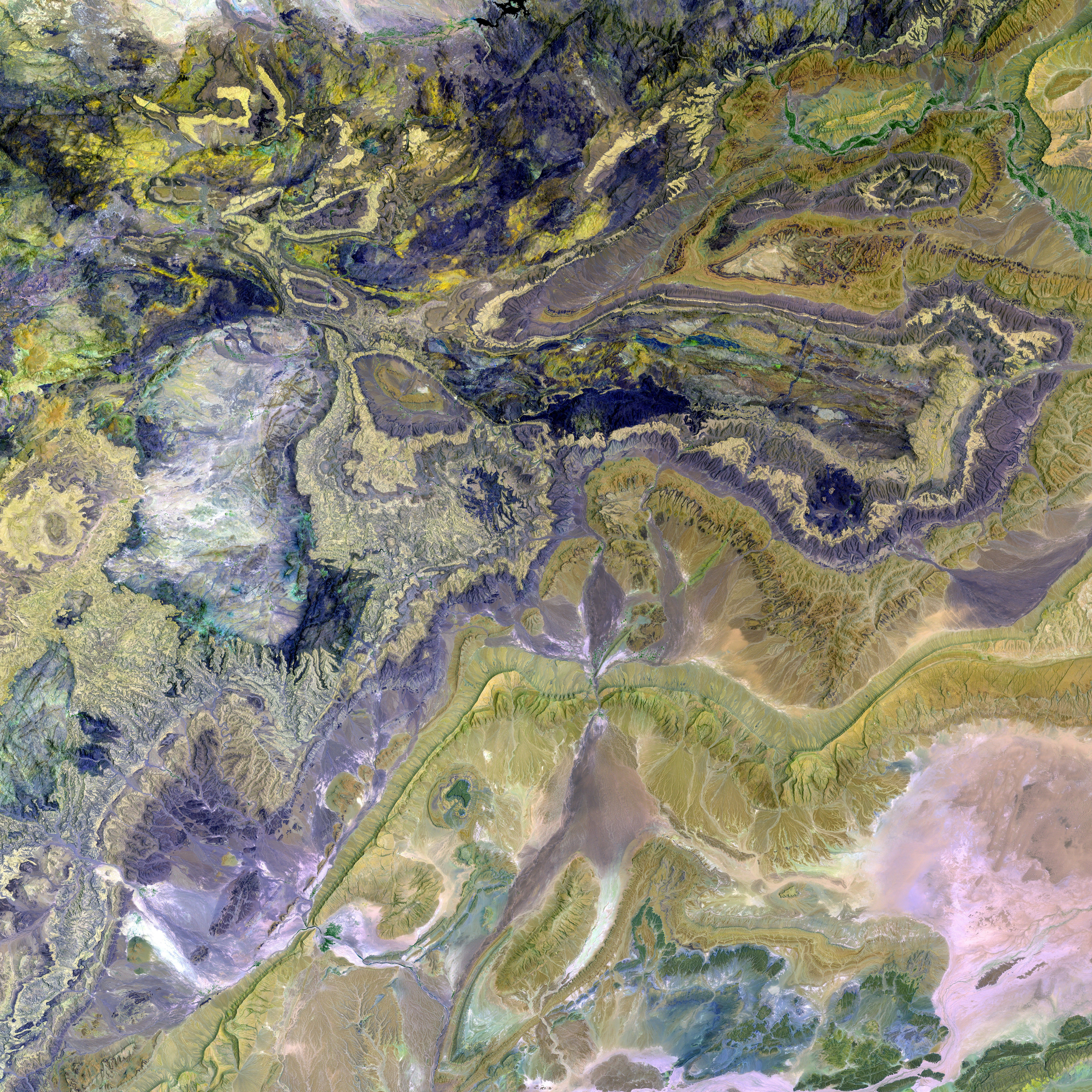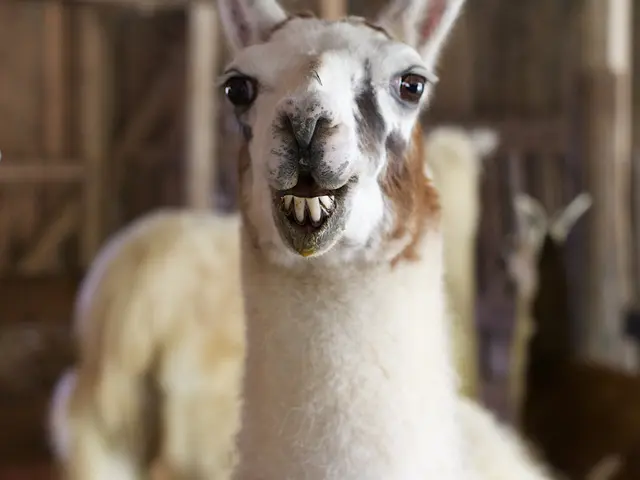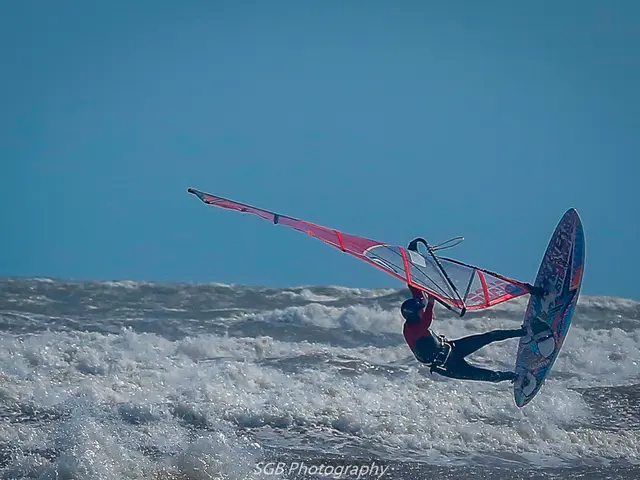"Father's Absence Traced Back to Antoine de Caunes": Desertion by an individual, leading to the man's absence.
French comic strip "Il déserte" unearths a long-buried story: the sudden departure of Antoine de Caunes' father, Georges de Caunes, to a secluded island in 1962. This Robinson Crusoe-like tale serves as a tribute, combining childhood memories, family regrets, and a search for meaning.
Known for his offbeat humor, passion for rock, and love of words, Antoine de Caunes, former star host of Canal+'s popular show "Nulle part ailleurs," delves into the ninth art for the first time. Collaborating with co-writer and illustrator Xavier Coste, he presents a compelling graphic narrative. Even in his 70s, De Caunes exudes a contagious energy, expressing, "In life, there's a beginning to everything."
Originally, De Caunes had no intention of revisiting this past episode of an absent father. "Was I going to do something classic, like the adaptation of a novel or a fictional screenplay? Suddenly, the deserted island story came back to me," he reflects. With an abundance of illustrative material, De Caunes claims comic strips "are in my skin." Exploring universal themes such as father-son relationships and understanding, the comic strip focuses on the contrasts of existence.
Georges de Caunes, an emblematic figure in French television and radio, retired to a wild island in the Marquesas archipelago at the age of 40, living there alone for an entire year. This radical decision, set against exotic images, nearly cost him his life.
For many years, Antoine de Caunes couldn't bring himself to delve into his father's island journals, as his father's handwriting was nearly illegible. However, with the comic strip project, he had the journals transcribed and finally discovered the reality behind his father's heroic radio broadcasts.
"What he had written was very different from what he told on the radio. On one side, there was the public speech, heroic; on the other, a much darker truth, with harsh living conditions," De Caunes reveals.
With an intimate and disorienting storyline, the graphic novel serves as a universal meditation on filiation. It moves beyond a travelogue or biographical testimony to explore the shadows of a complex bond. It tells the story of a father who disappears one day and a son who, many years later, tries to reach him.
By leaving his son in Paris to embark on this adventure without any explanation, Georges de Caunes made it an episode that would long be part of the Caunes family narrative. "When I looked into it, I understood that it was a founding narrative. I was 8 years old, but I continue to hear it every night on the airwaves. For a child, it's both troubling and anxiety-inducing," recalls Antoine.
Despite the absence and silences, the graphic novel reveals the intricacies of their relationship. Antoine describes the structure of the comic as a three-voice narrative: that of his father and that of the 8-year-old boy he was at the time, living this extraordinary epic from a distance while idealizing this paternal figure. The third perspective is that of the 71-year-old man he has become today, observing his own father making mistakes with a certain amused tenderness.
Over twenty years after his father's death, Antoine reflects on their relationship with a sense of serenity. "We finally found each other and renewed our dialogue. Our farewells were made in the best terms. The dust has settled. There was no longer any bitterness between us."
For the project, Antoine collaborated with Xavier Coste, an accomplished artist known for his adaptations of 1984 and Journal de 1985. Coste's poetic, free, and precise representation of nature made him the ideal choice for this elegiac project. The collaboration unfolded smoothly and effortlessly.
In a subtle nod to Georges de Caunes' public persona, the work subtly challenges the traditional notion of filiation and inheritance. "There was never any question of me following in his footsteps," Antoine states. "I am not his heir in the classic sense. But once you've said that, we still remain, despite everything, the son of our father."
The graphic novel, based on Antoine de Caunes' father's sudden departure, delves into the realms of culture, lifestyle, and exploration through the medium of fashion-and-beauty in illustrations. The story, a complex composition of father-son relationships, universal themes, and self-discovery, also serves as a literary piece, touching upon the world of books and entertainment.








